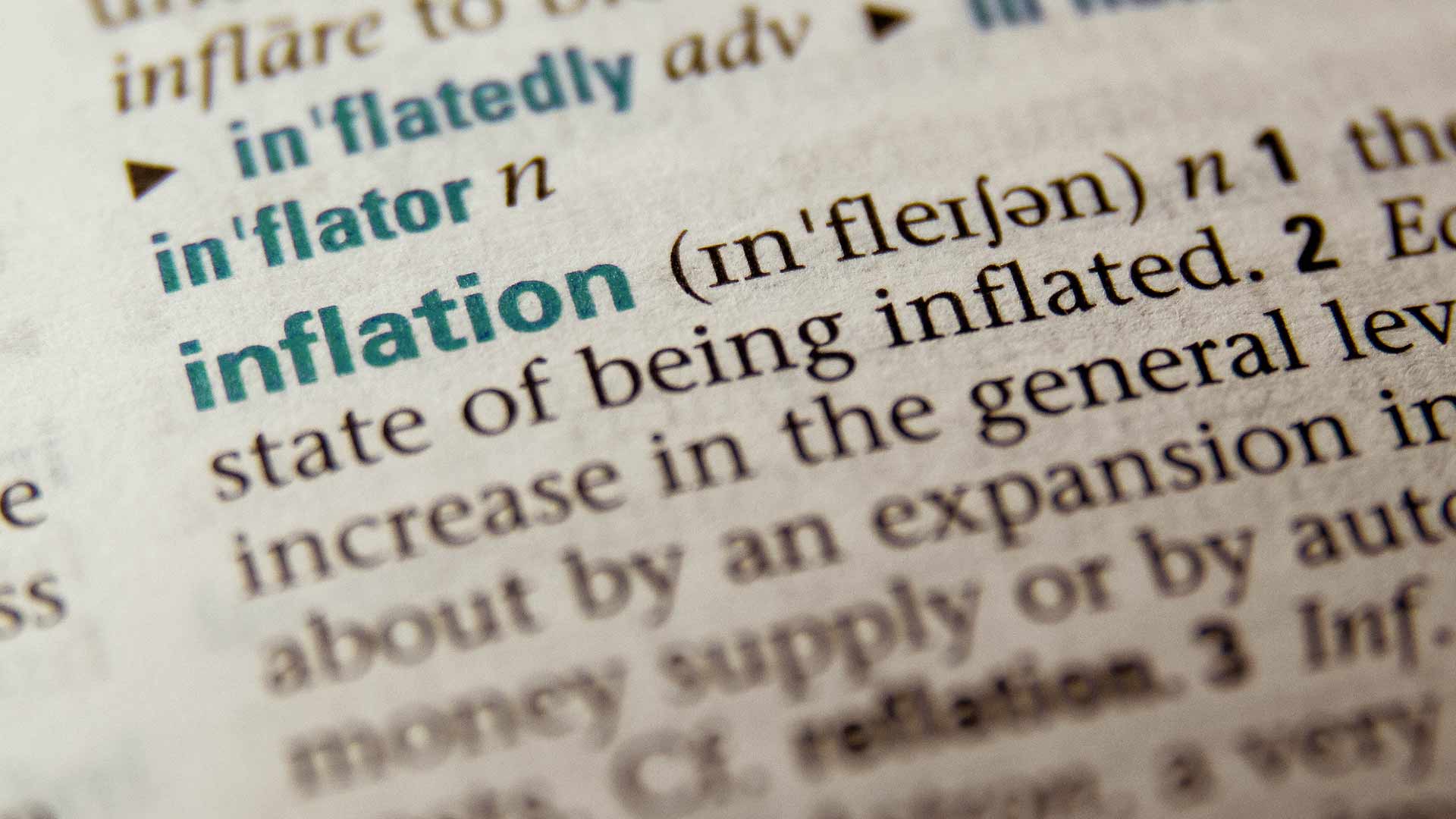Understanding the latest interest rates increase
Understanding the latest interest rates increase
Staff writer
1 mins
Hikes in repo rates mean your debts cost more, but your investments earn more.
On 30 March 2023 the South African Reserve Bank’s (SARB’s) Monetary Policy Committee announced an interest rate hike of 50 basis points. This comes as tough news for most South Africans, as many are still feeling the pressure of life in a post-pandemic economy and rapidly rising inflation.
To help you navigate the ever-changing global and local economy, we’ll unpack the announcement and its potential effects on our economy and your finances.
Understanding the interest rate hike
The new increase puts our country’s interest rates higher than January 2020 levels, and much like the pandemic, this increase has its roots in the international economy, as well as SARB’s drive to keep the rand stable.
According to Lesetja Kganyago, Governor of SARB, stability has been difficult to maintain. While global production and food prices have eased off, the war in Ukraine is still putting pressure on international markets, especially in terms of oil prices.
South Africa isn’t the only country raising interest rates. A rate increase was also recently announced in the USA, mainly to combat the country’s debilitating inflation rates.
As South Africa is a participant in these stressed markets, it comes as no surprise that these economies also impact our inflation rate.
Nedbank Senior Economist Isaac Matshego told Eyewitness News that SARB had little choice in the increase due to our unflinching inflation rate, and that the hike is likely to help control South Africa’s inflation rate.
What you can expect from interest rate hikes
While it is too early to say exactly how our economy will respond to the rates increase, most industry professionals are expecting a decrease in commercial property markets, as well as an increase in the cost of loans for consumer-driven property and motor vehicle markets.
And while the rates increase will affect average consumers negatively, there is a silver lining for individuals and businesses who rely on interest-derived income tied to the prime lending rate.
At the time of writing, South Africa’s repo rate is 7.75% and prime lending rate is 11.25%.
According to Reuters, "South Africa's Reserve Bank will raise interest rates for the last time in this cycle, in anticipation of slower inflation and a weak economy due to power disruptions."
The news agregator notes that 18 out of 20 economists polled on South Africa's repo rate said it would be hiked by one last time in this cycle. South Africa's central bank raised its main lending rate by 25 basis points to 7.25% in January.
If you are looking for expert financial guidance in the light of these recent increases, our Financial Planning team is always here to help you.








